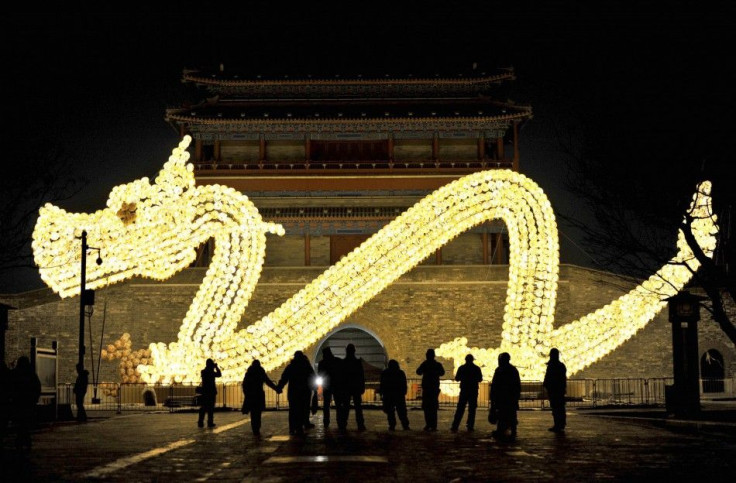Unintended Consequences: Government Cuts On Banquets Hurt China's Hotel Revenue

China’s future president, Xi Jinping, hasn’t taken office yet but has already ushered in a new style of governing that does away with many of the nation’s official traditions. One of them is the custom of throwing costly, lavish banquets and dinners for the nation’s top, and sometimes not-so-top, leaders.
The official China Daily called Xi a “man of the people” after he announced a more simple way of celebrating visits by top officials, featuring, “no banners, no red carpets, no floral arrangements or grand receptions,” he said in a statement.
But Xi’s no-fuss style, while otherwise laudable, has some local businesses suffering. According to China’s Xinhua news agency, luxury hotels and venues have seen a distinct drop in bookings ahead of what is typically their busiest time, the Spring Festival. Many believe the slow business is a result of the government’s shift toward austerity.
“The fall in bookings follows moves announced by the central government last month to combat extravagance and corruption,” the Xinhua story said.
In previous years, the Beijing Friendship Hotel, a location designated for government conferences, would host several banquets during the Spring Festival holiday season. Now, according to a staff member with the hotel’s events division, every event booking has been canceled.
Another high-end hotel in Hangzhou that also hosts many government officials was affected, seeing 10 banquet cancelations just before the Spring Festival as a result of the new government cutbacks.
But it’s not just the government that has made spending cuts. Several privately owned businesses are following suit and holding off on celebrating the Lunar New Year—at least in the fashion they used to. The Financial Times reported that some private companies are holding their office Lunar New Year holiday parties (similar to the West’s end-of-year holiday work parties), at fast-food restaurants, or not having them at all.
One employee at CIC, China’s $500 billion sovereign wealth fund, didn’t understand why the company didn’t have a party this year.
“We have never been extravagant in our nianhui [New Year celebrations], and actually had a really good year last year. I can understand if they wanted to do a smaller nianhui, but none at all is going too far,” the employee said.
According to the Financial Times, it isn’t just luxury hotels that are feeling the pinch. Smaller vendors like caterers, florists and liquor stores are reporting losses.
China’s liquor sales in particular have taken a hit as government officials have scaled back drinking, a staple of business meetings and political receptions in the country, but also ordered a ban on liquor in the military. Before the ban, the PLA Daily, the official newspaper of the military, reported that one military unit spent half of its reception budget on alcohol alone.
But not everybody in the hotel industry in China is hurting. International chain hotels, for example, have barely been affected by the cutbacks because the government accounted for a small percentage of their client base.
As for the local hotels, some are taking the slowing business as an occasion to look for new nongovernment clients, and attract a different clientele that’s still willing to spend.
But at the very least, the notable effect of the new policies on business revenues does suggest that the government is indeed following through on the claims it would introduce reform against excessive spending.
© Copyright IBTimes 2024. All rights reserved.






















